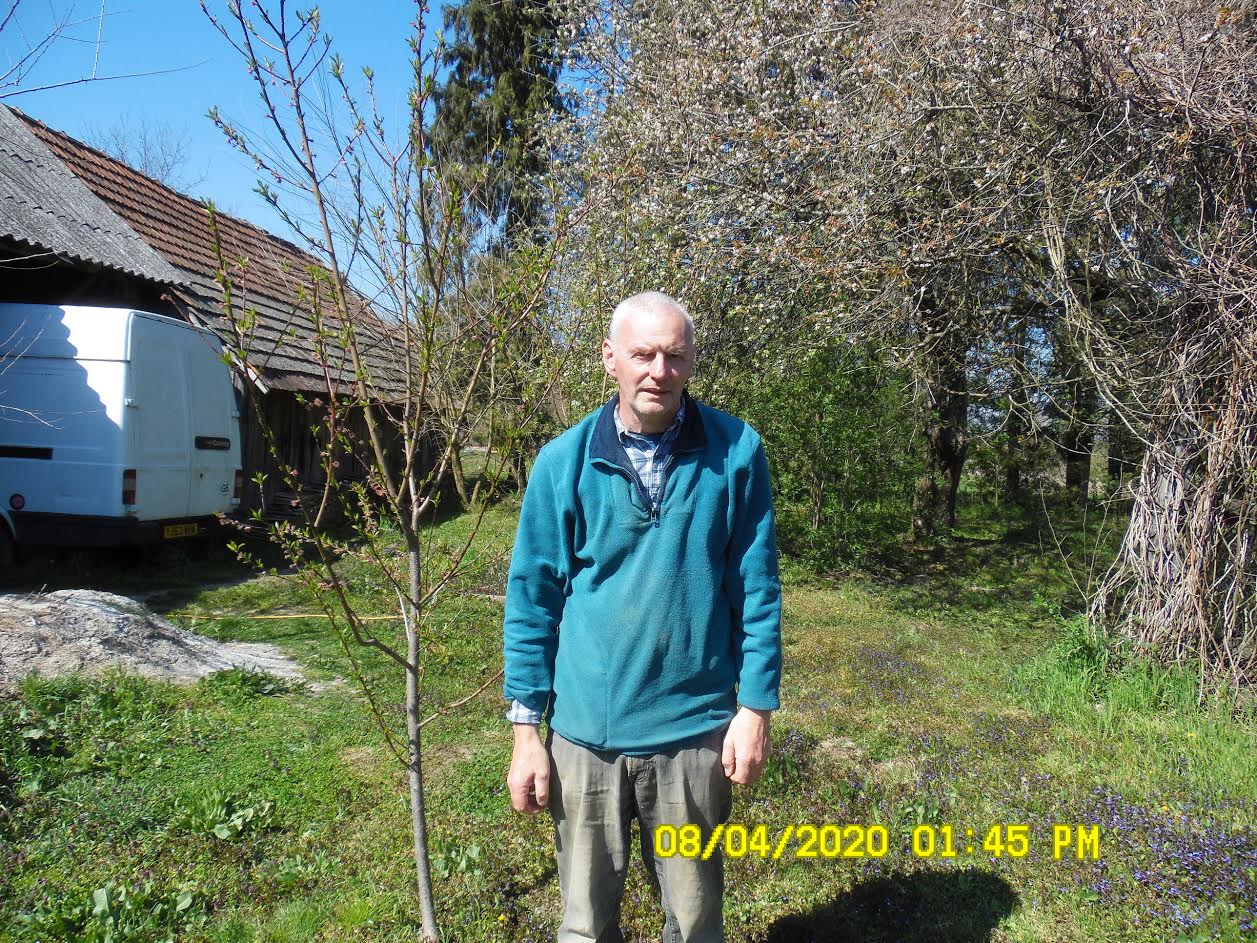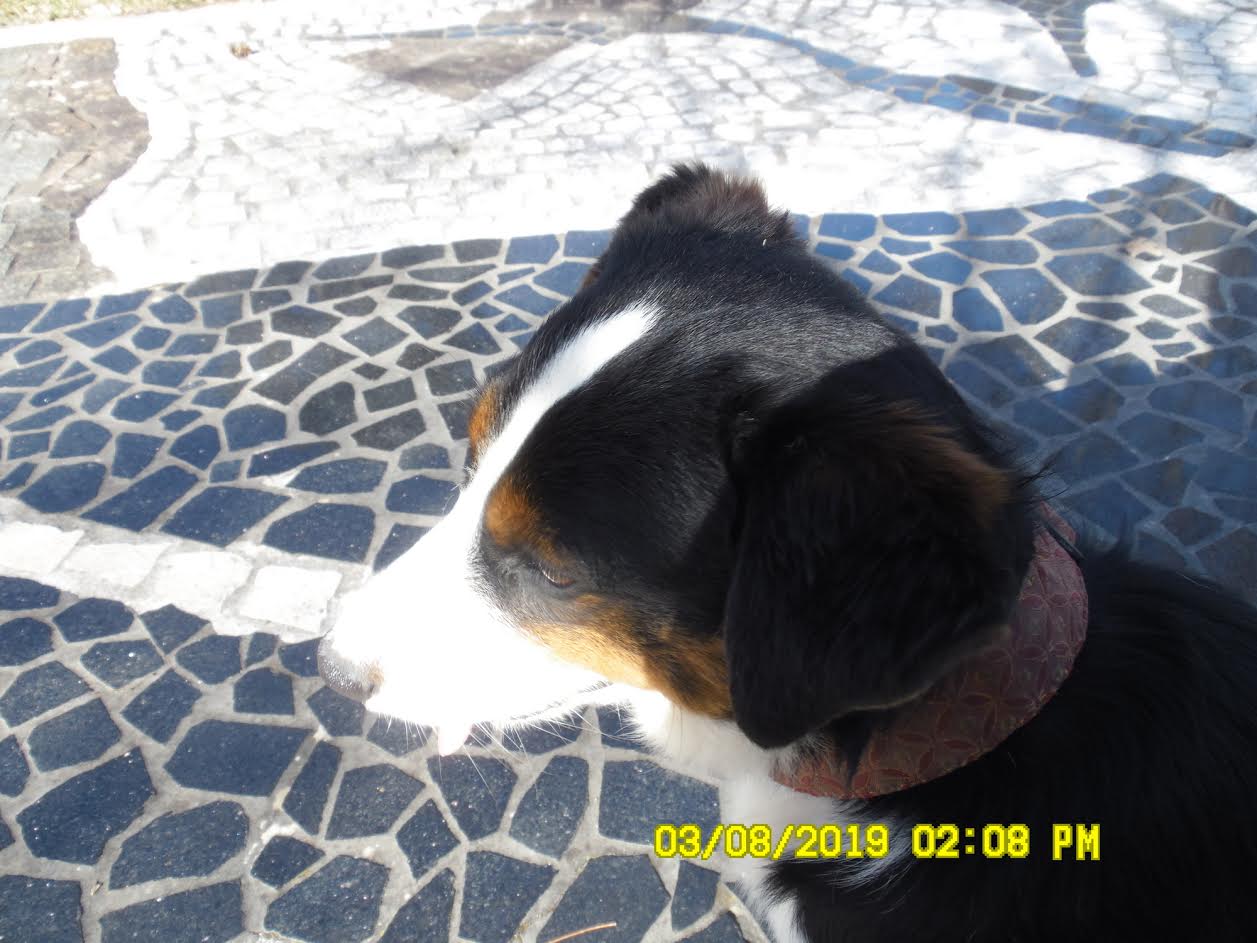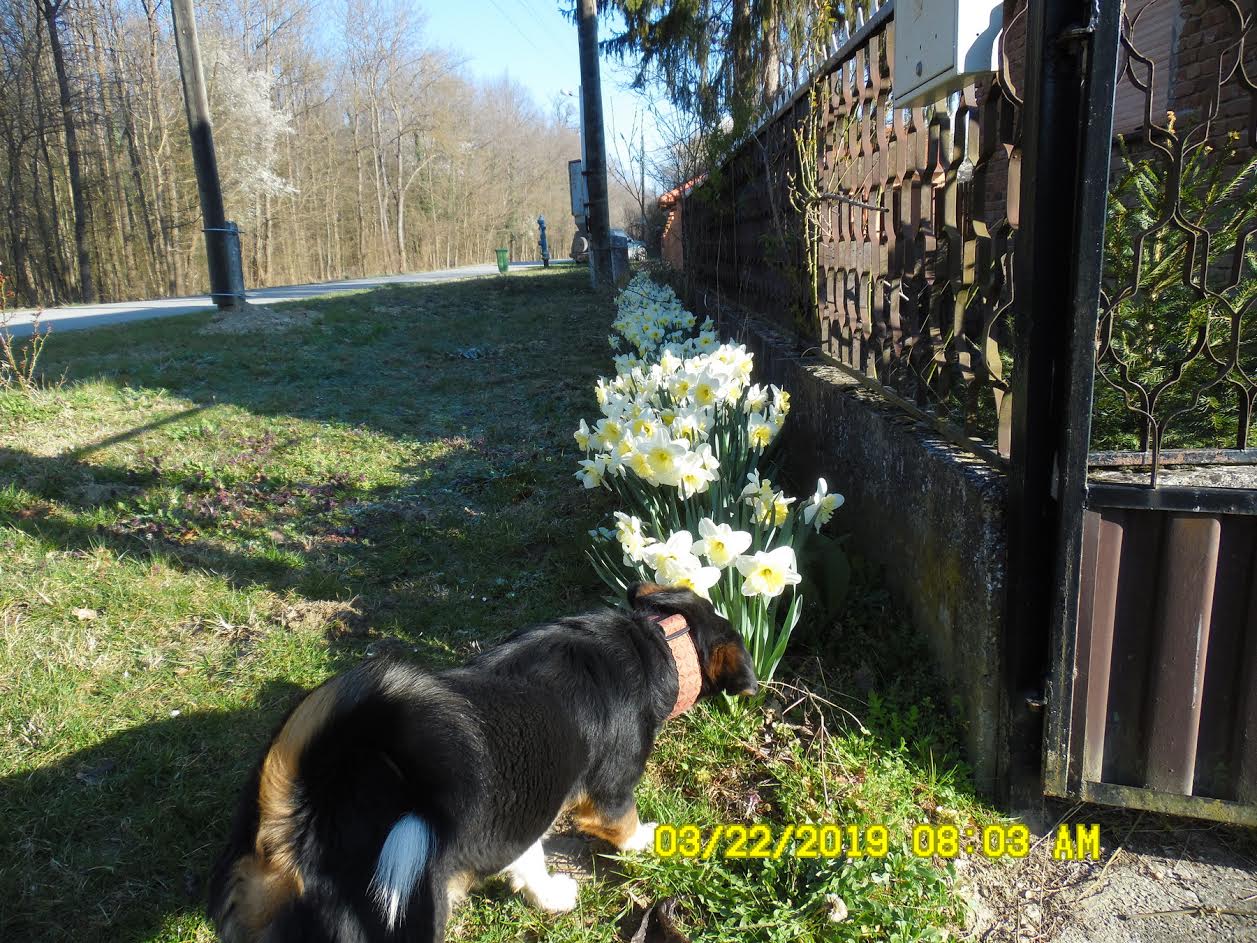April 8, 2020 - Do foreigners in Croatia feel more or less safe sitting out COVID-19 here than in their home country, and what are their experiences? A new series on Total Croatia News, with Philip Riley from the UK in Ferdinandovac as the 34th contributor.
Oxford University recently published some research on government responses to coronavirus which showed that Croatia currently has the strictest measures in the world. While inconvenient, this is a good thing in terms of reducing the spread of the virus, and I am certainly not alone in my admiration of the official Croatian handling of this crisis in recent weeks, both in terms of action and communication.
But what do other expats here think? And how does it compare with the response in their home country? Would they rather sit this one out here or there? A new series on TCN, we will be featuring expats from all over the world to see what their views are on life in corona Croatia rather than back home. So far we have heard from expats in Croatia from Romania, USA, Ireland, UK, Mexico, Argentina, Spain, Singapore, Holland, Canada, India, Hong Kong, Venezuela, Latvia, China, Honduras, Hungary, Moldova, South Korea, Japan, the Philippines and Germany. Next up, Philip Riley from the UK in Ferdinandovac.
If you would like to contribute to this series, full details are below this interview.
My name is Philip Riley and I am from the Coventry area but lived in Scotland before I moved to Hungary in 2010. I still have my small cottage in the Moray area of Scotland but it is rented out and that provides me with a small income to enable me to live in Croatia. I moved from Hungary to Croatia after failing dismally at learning Hungarian. Although my Croatian is also minimal I am less isolated here because more people can speak English.

Firstly, how are you? Are you alone/with someone? Tell us a little about your situation and sanity levels.
My health is OK apart from hayfever, something I have suffered for most of my life at this time of year. I am retired and live alone in a small village near Ferdinandovac with my little dog, Dennis. I am doing much the same as normal, mainly gardening and house renovations. So far the only real frustration was that I could not meet with friends to celebrate my 60th birthday.
When did you realise that corona was going to be a big issue?
At first I thought it would be like Ebola and other recent diseases, which were better contained and did not cause widespread disruption. I am in Facebook groups for Croatia and Hungary and have seen the situation unfold through the many threads discussing the virus and measures taken to control the situation.
What is your impression of the way Croatia is dealing with the crisis? How safe do you feel?
Initially I felt that Croatia was taking things too far and it was a case of politicians who want to make names for themselves but my opinion has changed and I now grasp the enormity of the threat. I feel fairly safe from the virus itself but the long term economic and social damage is hard to predict at this stage. My income, like that of many others, could dry up as a result of these economic consequences.
Now compare that to your home country and how they are handling it. What is Croatia doing better/worse?
I am from UK and have a very low opinion of the current UK government. They appear to be doing too little, too late and as a result it seems likely that many thousands of people will die. The health service has been underfunded for years and will simply be overwhelmed by the numbers. The UK has a much higher population density than Croatia anyway, so things like social distancing are more difficult to implement. Most public transport is still running and is one of the main ways people are likely to be too closely grouped together.
What about official communications from the authorities, compared to your home country?
I have been relying on Total Croatia news for English translations of government press releases etc. and they have been doing a fantastic job! My Croatian is very limited but so many people I meet speak English that I have been able to do what they ask in supermarkets etc. Again I have not been impressed by the UK government in terms of being kept informed. A few months ago I registered with the UK government for email updates regarding Brexit and any consequent actions required of UK expats living in EU countries. I thought they would use this email mailing list to send us information about the virus control restrictions but nothing so far!
What's the one thing you wish you had taken with you into self-isolation.
That is a difficult question but I used to live in Hungary and still go there to do shopping sometimes. I can't cross the border now so I wish I had stocked up on a few jars of Lecsó.
One thing you have learned about yourself, and one thing you have learned about others during this crisis.
My income is low and I live quite frugally. This means I don't go out and about very much at the best of times, so the restrictions affect me less than they would many other people. Having said that, it is always good to know that you have freedom, even if you don't do much with it! Having such freedom curtailed is frustrating me more than I would have expected.
Something positive that has come from this crisis is that people are contacting each other more, even if it can only be by email or phone. I have heard from several old friends who would rarely contact me in normal times, I suppose they are usually too busy. Most people seem to be staying calm and getting on with what they have to do. My mother used to tell me about life during World War Two, with bombing, air raid shelters, rationing etc. In some ways that crisis brought out the best in people and I can see something similar now. People are starting to appreciate that having each other is more important than personal wealth, material possessions etc.
Thanks, Philip. Stay safe and see you on the other side.
TCN is starting a new feature series on foreign experiences of sitting out COVID-19 here in Croatia compared to their home country. If you would like to contribute, the questions are below. Please also include a para about yourself and where you are from, and a link to your website if you would like. Please also send 3-4 photos minimum to This email address is being protected from spambots. You need JavaScript enabled to view it. Subject Corona Foreigner
If you would be interested to record a video version for our partners www.rplus.video please let us know in the email. Thanks and stay safe.
Foreigners Self-Isolating in Croatia: Do You Feel Safer Than in Your Home Country?
Firstly, how are you? Are you alone/with someone? Tell us a little about your situation and sanity levels.
What do you think about the economic measures the government is taking, are they helping your business? (PLEASE IGNORE IF THIS DOES NOT AFFECT YOU)
When did you realise that corona was going to be a big issue?
What is your impression of the way Croatia is dealing with the crisis? How safe do you feel?
Now compare that to your home country and how they are handling it. What is Croatia doing better/worse?
What about official communications from the authorities, compared to your home country?
What's the one thing you wish you had taken with you into self-isolation.
One thing you have learned about yourself, and one thing you have learned about others during this crisis.
TCN has recently become a partner in Robert Tomic Zuber's new R+ video channel, initially telling stories about corona experiences. You can see the first TCN contribution from this morning, my video from Jelsa talking about the realities of running a news portal in the corona era below. If you would like to also submit a video interview, please find Robert's guidelines below
VIDEO RECORDING GUIDE
The video footage should be recorded so that the cell phone is turned horizontally (landscape mode).
There are several rules for television and video news:- length is not a virtue- a picture speaks more than a thousand words
In short, this would mean that your story should not last more than 90 seconds and that everything you say in the report should be shown by video (for example, if you talk about empty streets, we should see those empty streets, etc.).
How to do it with your cell phone? First, use a selfie camera to record yourself telling your story for about a minute and a half. Ideally, it would be taken in the exterior, except in situations where you are reporting on things in the interior (quarantine, hospital, self-isolation, etc.). Also, when shooting, move freely, make sure everything is not static.
After you have recorded your report, you should capture footage that will tell your story with a picture, such as an earlier example with empty streets.
One of the basic rules of TV journalism is that the story is told in the same way as a journalist with his text. Therefore, we ask you for additional effort. Because we work in a very specific situation, sometimes you may not be able to capture footage for each sentence of the report. In this case, record the details on the streets: people walking, the main features of the city where you live, inscriptions on the windows related to the virus, etc.
The same rules apply if you are shooting a story from your apartment, self-isolation, quarantine. We also need you to capture footage that describes your story.
When shooting frames to cover your reports, it is important that you change the angle of the shot (in other words, shoot that empty street from several angles). Also, when shooting a detail, count at least five seconds before removing the camera to another detail.
The material should be about 5 minutes long (90 seconds of your report + frames to cover your story).
After recording everything, send us to Zagreb, preferably via WeTransfer to This email address is being protected from spambots. You need JavaScript enabled to view it.




